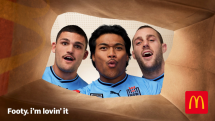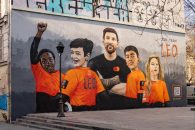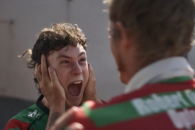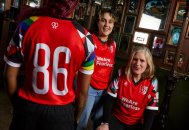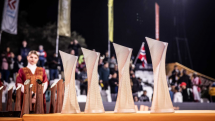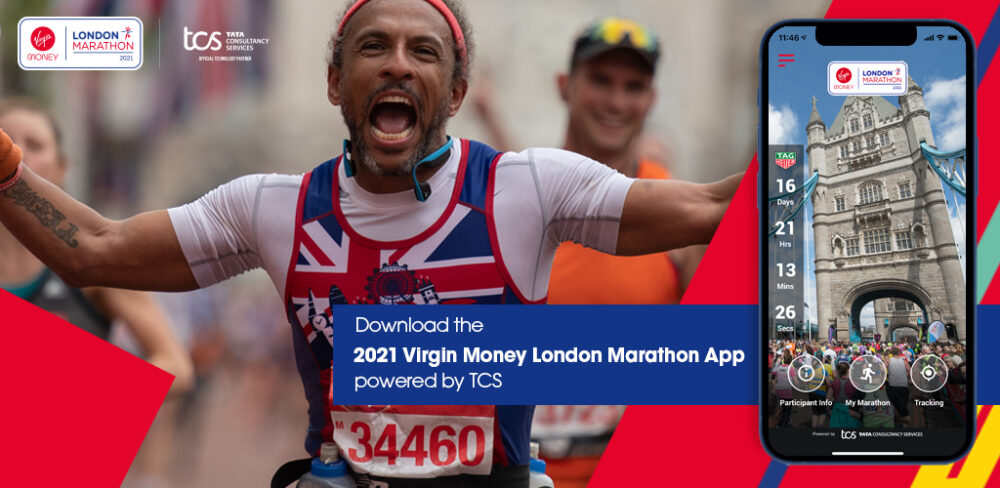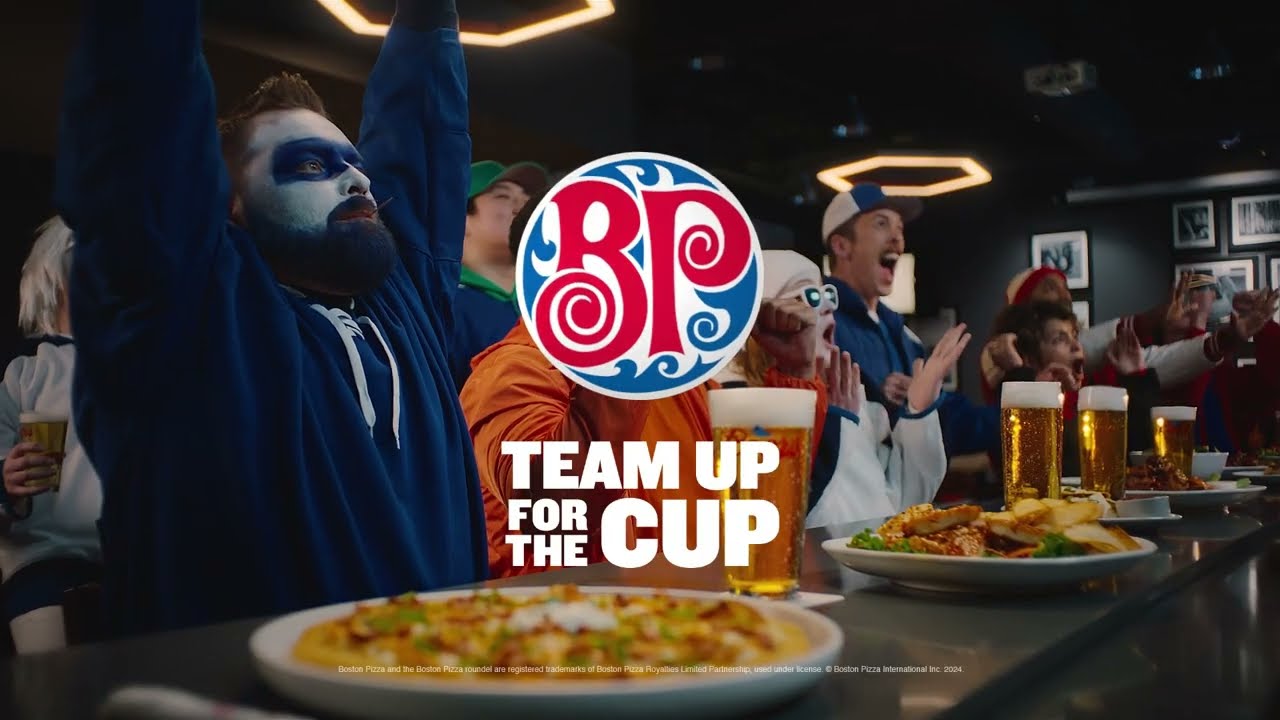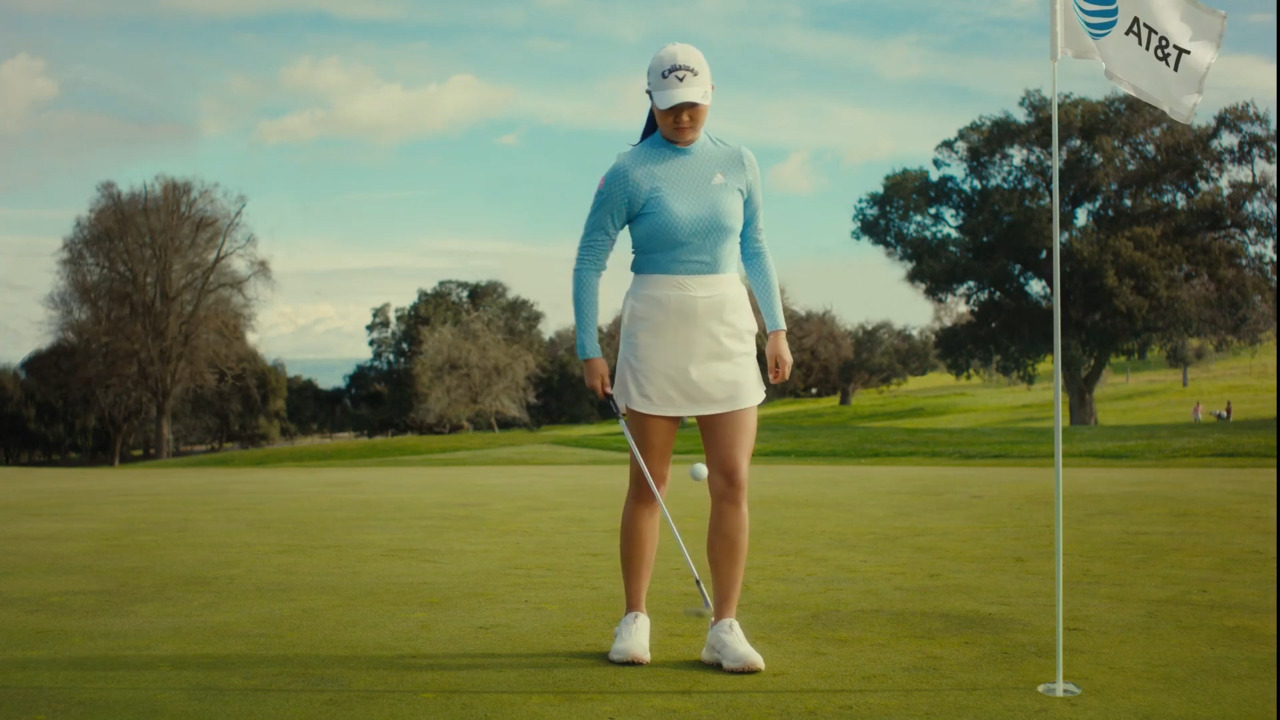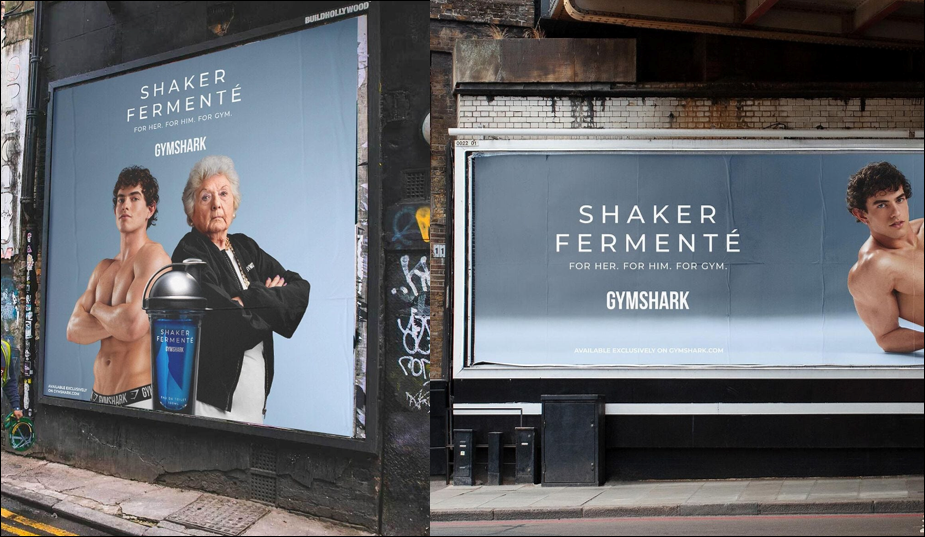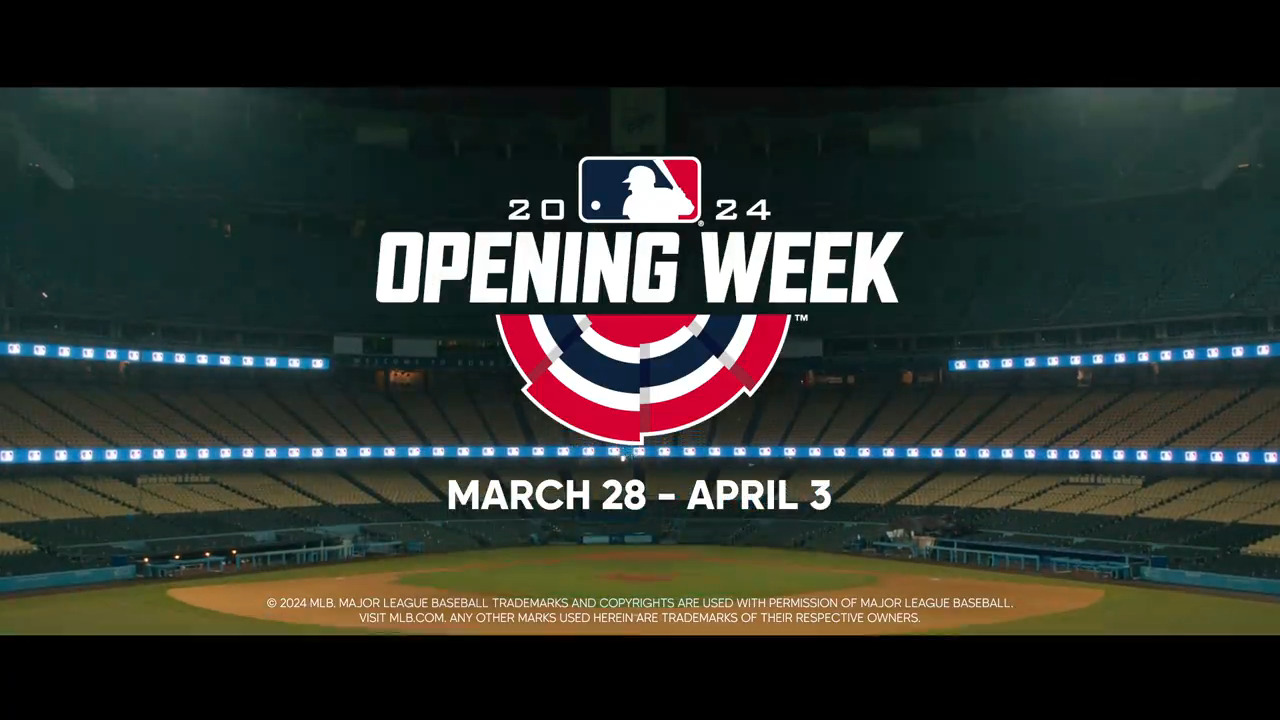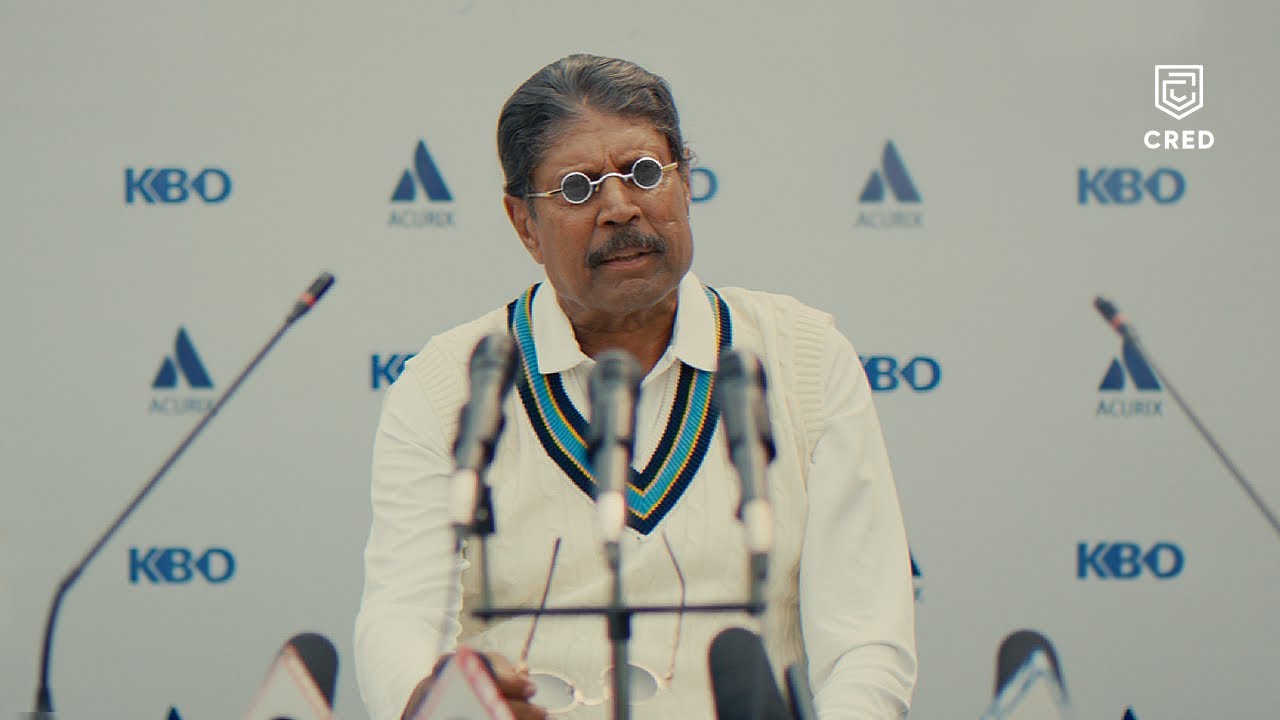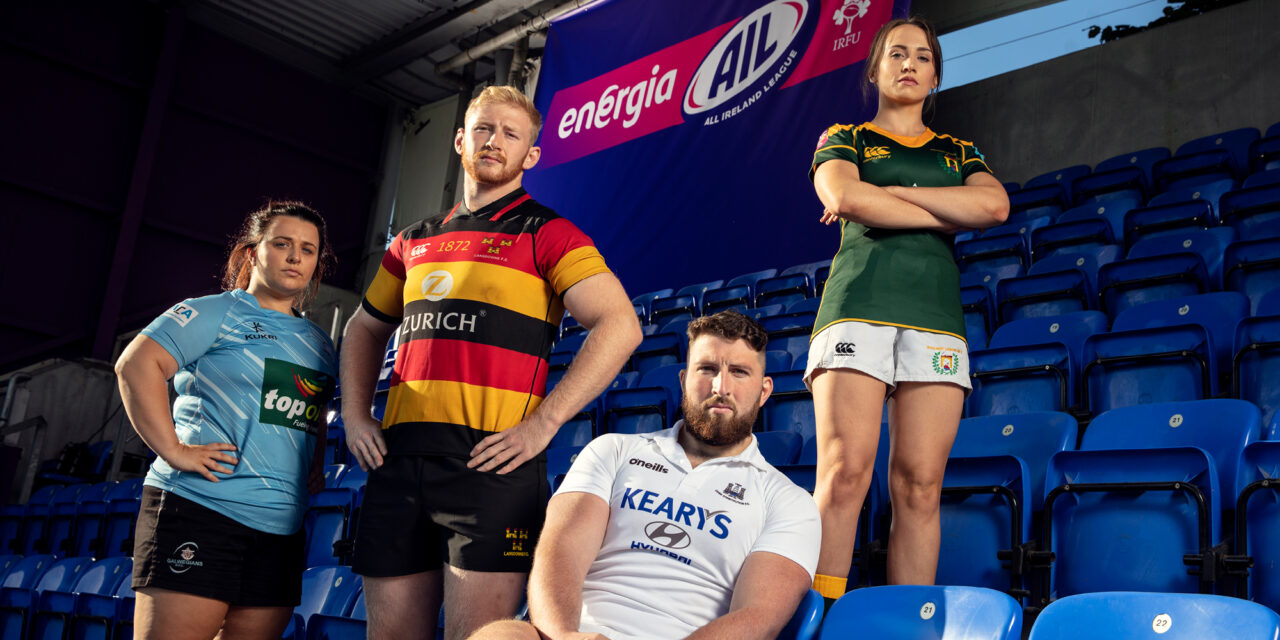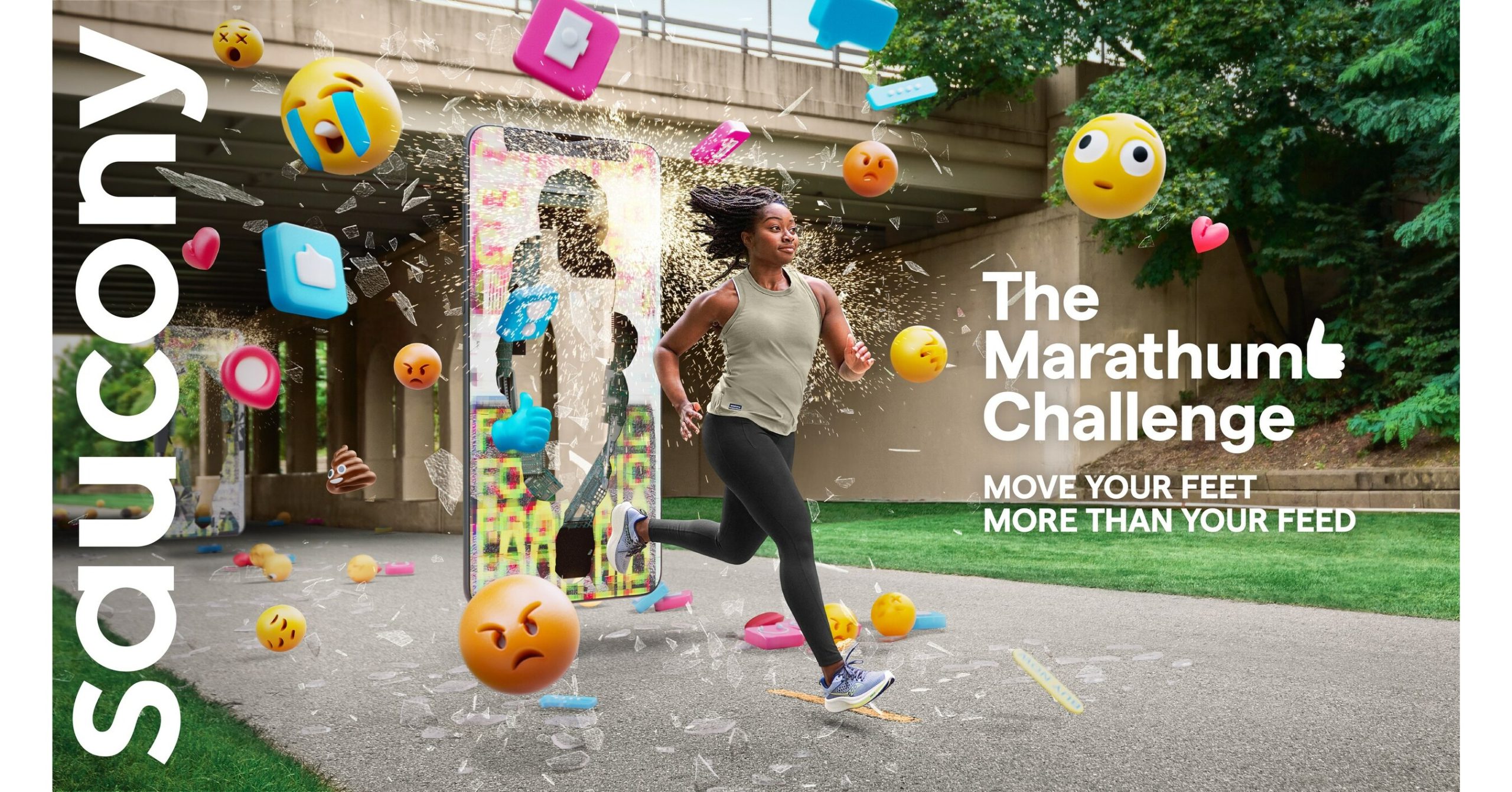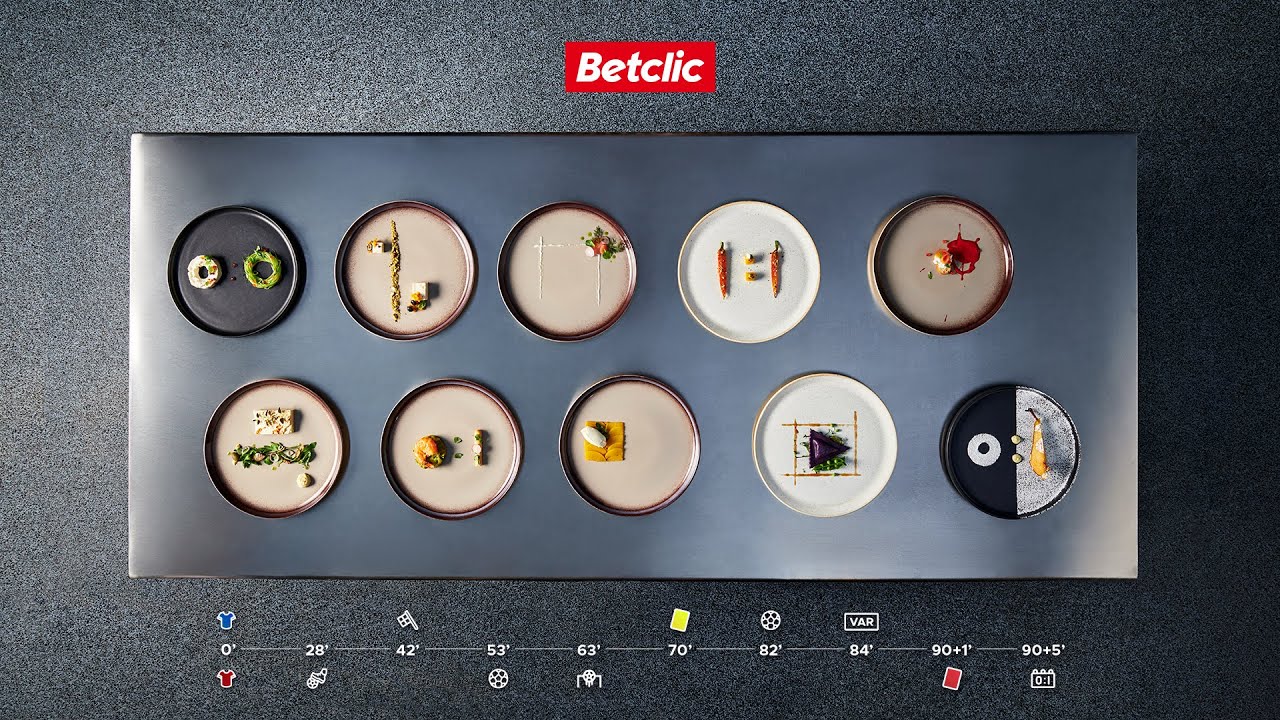Amidst fear and speculation surrounding empty stadium and unfilled seats ahead of the Rio 2016 Paralympics, a global fundraising response initiative called #FillTheSeats aimed to generates funds to send 10,000 Brazilian kids to the Paralympics.
Pushed through an integrated set of promotional assets – including online video
and social content across a #FillTheSeats Facebook page and on Twitter,
Our heart at Live will be reaching the lost at all cost ‼️plaster this all over your social media accounts #filltheseats #wearelive pic.twitter.com/cireDwz0Kp
— LIVE StudentMinistry (@LIVEfvnc) September 20, 2016
– the cause campaign was backed by big name brands in multiple markets – such as financial outfit Allianz,
NEWS: Thank you @Allianz for your outstanding support of the #FilltheSeats campaign at #Rio2016 #Paralympics -> https://t.co/kOvVLZNiyk
— Paralympic Games (@Paralympics) September 19, 2016
retailer Sainsbury’s, tech/telco conglomerate Samsung and Visa Brazil,
Visa participa do #FilltheSeats e ajuda na compra de ingressos para crianças irem aos #JogosParalímpicos #PossoMais pic.twitter.com/6dBCjXXVIL
— Visa Brasil (@VisaBR) September 14, 2016
, as well as by famous entertainers like Coldplay, celebrities such as Prince Harry for #FillTheSeats #Paralympics #Rio2016 https://t.co/146fsdiPPK
— Craig Spence (@craigspence) September 5, 2016
“>Prince Harry,
Prince Harry donates to #filltheseats campaign https://t.co/IH35WlQmHW pic.twitter.com/vYm85K6Clq
— ITV News (@itvnews) September 6, 2016
UK comedian Eddie Izzard, plus a number of high profile athletes and sports stars including leading Paralympians like USA wheelchair racing sisters Tatyana and Hannah McFadden.
All of whom promoted and/or donated to the #FillTheSeats Generosity.com fundraising page.
Rio 2016, the International Paralympic Committee (IPC) and the Agitos Foundation, the IPC’s development arm, also supported the campaign when it was launched in late August (ahead of the Rio 2016 Paralympic Games start on 7 September).
When initially launched, #FillTheSeats aimed to raise $15,000 and send 500 youngsters to the Paralympic Games, but donations immediately came in so fast as the campaign captured the imagination of consumers across the globe that its targets were quickly amended and extended.
More than 15,000 children could attend the Games thanks to the #FilltheSeats campaign. https://t.co/NadWEZQ6Ku – pic.twitter.com/w8PW25J2ZH
— Agitos Foundation (@Agitos) September 27, 2016
Surplus funds from the campaign post-event were donated to legacy projects in Brazil and South America focused on sport for people with impairment.
The campaign was launched by former London 2012 marketing director Greg Nugent: who lobbied brand marketers and c-suit executives around the world by trumpeting that the Paralympics presented a ‘shooting star opportunity’ for brands to engage.
‘The truth is that many consumers find the Paralympic athletes more aspirational than any other athletes or celebrities,’ he argued.
Nugent says that the aim of the campaign is to ensure that the momentum of the Paralympics continues to grow following London 2012.
‘The Paralympics is uniquely able to change attitudes to disability the world over,’ he adds.
‘We saw this in London and I am sure it will happen again in Brazil. But that means making sure the Paralympians compete in full stadia to help celebrate their achievements.’
Nugent believes that the campaign success is partly due to the tactical simplicity of the idea, as well as being [powered by the ‘emotional investment that consumers and brands have with the Paralympics’.
The campaign is being run parallel to a joint initiative by Rio 2016 and the Rio state government to provide 33,000 tickets to local students, under the leadership of Transforma, the Rio 2016 education programme.
The Transforma team managed the #FillTheSeats campaign in Rio and targeted kids from across the state of Rio de Janeiro whose journeys to the games were co-ordinated and facilitated by a team of trained staff.
‘This campaign proves the Paralympic spirit is global and the idea of Brazilian youngsters and people with an impairment going to the Paralympic Games is inspiring,’ added IPC chief executive officer Xavier Gonzalez.
‘We have decided to support #FillTheSeats because all money raised will be spent on taking people who maybe cannot afford a ticket to the Games. We want them to be part of history and part of Latin America’s first Paralympic Games. We encourage the whole Paralympic Movement and the world to get behind and support this campaign.’
Comment
The campaign followed on from related concerns over the Paralympics budget shortfall: a situation partially created after money originally intended for the tournament was appropriated to cover financial shortfalls in Olympic Games funding.
The Rio organisers initially put 3.3 million tickets up for sale in May 2015 and hoped to beat the London 2012 sales mark of 2.7 million tickets.
An impressive 94% of the Rio Paralympic tickets actually were priced lower than 70 reais (£16.50).
Overall there is little doubt that this campaign was a clear success.
With one month to go before the 2016 Paralympics there was much talk about a ticketing crisis.
Yet during the games themselves stadiums were fuller than most had imagined possible: and the organisers sold more than two million tickets in total
And thanks to the #FillTheSeats campaign, more than 15,000 children were able to attend the Games after the campaign raised more than US$450,000.
Another Rio 2016 Paralympic cause campaign aiming to change public perception that truly astonished us in both objective and activation was the orgnaising committee’#s award winning ‘The Mindchanger Workout’ campaign (see case study).
Links:
#FillTheSeats Facebook:
https://www.facebook.com/hashtag/FillTheSeats/
Generosity Fundraising Web:
https://www.generosity.com/education-fundraising/target-450-000-reached-now-closed-thank-you–2
IPC:
Rio Paralympics:
https://www.rio2016.com/en/paralympics
Paralympic Agitos Web:
https://www.paralympic.org/agitos-foundation
Agitos Twitter:







